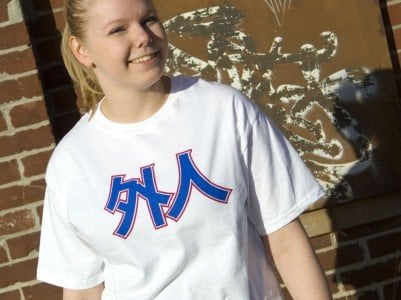I’ve spent more than 20 years as an observer of the Japanese people and their traditions, and it’s been a very interesting time for me. While most local customs — removing shoes before entering a home, bowing to others, chopstick etiquette and so on — weren’t that challenging to pick up, when my children were born I suddenly found myself exposed to a strange new world of Japanese traditions I’d never encountered. After a baby is born, the new mother is not allowed to wash her hair for a week, and the baby’s grandmother will usually move in to do dishes and laundry as it’s bad luck for a mother to do water-related household chores for 30 days after giving birth. The baby’s umbilical cord is dried and stored in a box made of paulownia wood and becomes one of the parents’ treasures. There were some other fun child-related customs that confused me at times. On a baby’s first birthday there’s a ceremony called isshou-mochi in which heavy mochi rice cakes are tied to the baby’s body, so it’s hard for him to walk. You then place a writing brush, an abacus (or a calculator) and money near the child and see which one he picks up first, which determines if he’ll be a writer, a merchant or a rich man in the future. When an American child loses a tooth they put it under their pillow so the tooth fairy can exchange it for money, but in Japan parents throw their child’s baby teeth up onto the roof (if the tooth was a lower one) or under the house (if it was an upper tooth), to bring health and good luck to the child.

Japan’s special customs about a baby’s umbilicle cord show up in Mirai Nikki.















